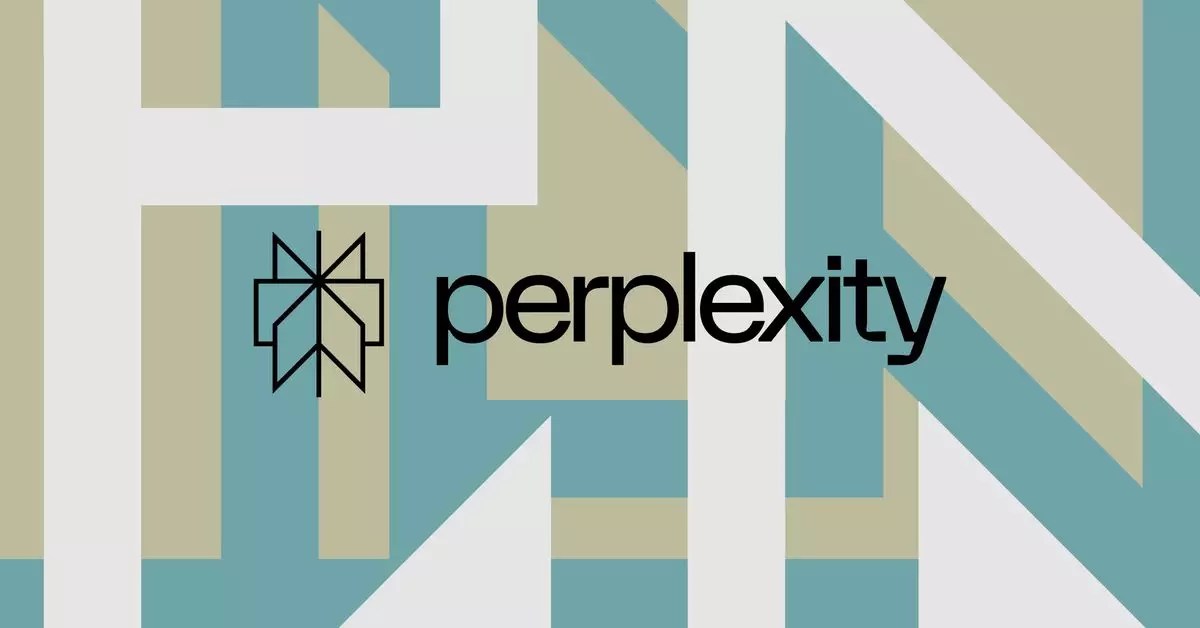In the rapidly evolving landscape of technology, the intersection of artificial intelligence (AI) and journalism is more contentious than ever. A recent conflict between AI startup Perplexity and News Corp illustrates this tension. While Perplexity offers an AI-powered search engine that aggregates information, News Corp—parent company to major publications like the New York Post and The Wall Street Journal—has alleged that Perplexity engages in unethical practices by scraping content without permission. Such allegations raise questions about intellectual property, ethical journalism, and the future role of AI in media.
News Corp’s lawsuit claims that Perplexity’s search engine “copies on a massive scale,” arguing that the company is effectively infringing upon the copyrights that protect its published material. This accusation comes on the heels of other criticisms aimed at Perplexity, including claims from Forbes that the startup utilized “eerily similar wording” from their articles along with “entirely lifted fragments” of content. These charges are paramount in highlighting a significant ethical dilemma in the tech industry: when does aggregation transform into infringement?
In response to the lawsuit, Perplexity has positioned itself as an advocate for the free exchange of information. The company contends that entities like News Corp seek to monopolize publicly reported facts, asserting that such facts do not belong to any corporation. This perspective posits that facts, which are the building blocks of news reporting, are universal and should not be confined behind paywalls or proprietary rights. The irony lies in the fact that while copyright law protects the expression of these facts, the facts themselves cannot be owned.
By emphasizing that “no one, including corporations, owns facts,” Perplexity signals its intention to navigate these complex legal waters. It asserts that its operations are fundamentally about enhancing access to information, rather than undercutting established news organizations. This is a bold stance, but it subtly sidesteps the central issue—the proper attribution and ethical considerations tied to how information is utilized.
Perplexity’s approach is notably forward-thinking in a media landscape increasingly resistant to technological advancements. The startup highlights its revenue-sharing program with established publications, such as Time and Der Spiegel, as a positive step towards collaboration rather than confrontation. This program represents an evolving model that seeks to harmonize the ambitions of tech companies with the needs of traditional media, opening avenues for mutually beneficial arrangements.
In its critique of the lawsuit, Perplexity suggests that the ongoing tension between media and tech is not only “fundamentally shortsighted” but also “self-defeating.” By fostering a more open dialogue and establishing partnerships, tech and media can work together to innovate while still respecting the hard work that goes into journalism.
The conflict between Perplexity and News Corp serves as a microcosm of a larger struggle within the media and technology sectors. As AI continues to evolve, so too must the regulations that govern its use in relation to intellectual property and content creation. The outcome of this legal battle could set powerful precedents for how AI interacts with journalism, potentially reshaping the industry for years to come. While challenges remain, the opportunity for collaboration and innovation provides a hopeful path forward for both tech and media companies alike.


Leave a Reply